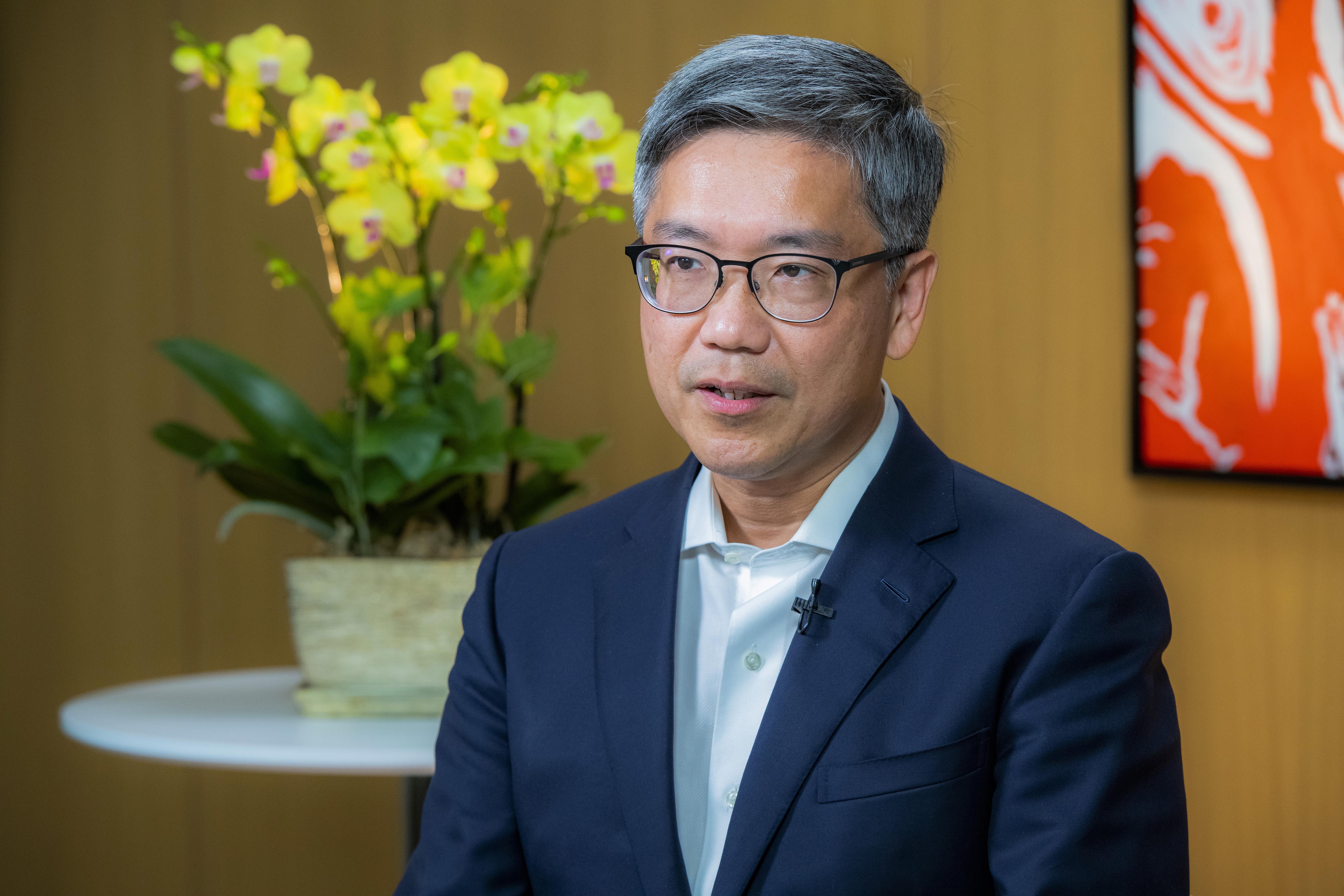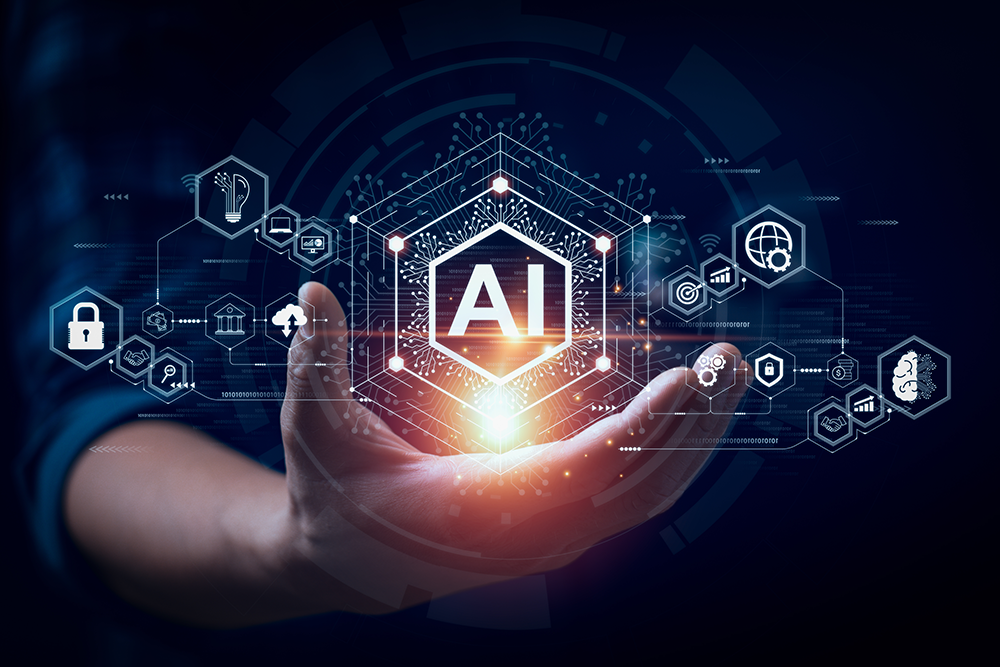Assistant Chief Executive of the Hong Kong Monetary Authority Arthur Yuen stated that by enhancing employees’ abilities, they would be capable of “coexisting with technology in the AI era“
The ongoing development of artificial intelligence (AI) has prompted the Central Bank of Hong Kong to evaluate the potential ramifications for banking professionals proactively.
The central bank of the special administrative region, the Hong Kong Monetary Authority (HKMA), advised financial institutions on May 23 to devise strategies for workforce development and training in anticipation of the emergence of AI’s impacts in the banking sector.

Arthur Yuen, deputy chief executive officer of the HKMA, stated that certain financial institutions have already retrained their personnel for new responsibilities in anticipation of technological advancements.
According to him, 2% of the staff at some institutions assumed new responsibilities following training programs. Yuen composed the following:
“These successful cases include frontline staff at bank branches retrained and redeployed to other functional areas such as wealth management, risk management, compliance, and so on.”
Although this occurred in 2022, the HKMA executive advised banks to adopt a comparable approach to the advent of AI. Yuen believes that proactive manpower development planning is necessary for the industry.
According to the central bank executive, enhancing employees’ knowledge and abilities could enable them to “coexist with technology in the AI era.”
Yuen stated that as a consequence, the central bank revised its Supervisory Policy Manual pertaining to capacity building. The HKMA stated in the update that financial institutions should establish a distinct trajectory for advancing their personnel.

Furthermore, the executive advocated for the development of talent management strategies by financial institutions, which should incorporate funding for employee training.
To provide assistance to the sector, Yuen further declared that the HKMA will investigate the degree to which AI affects banking occupations. The executive stated that it would enable the organization to better assist afflicted employees during their potential transition to other positions and serve as a benchmark for the industry.
In contrast, Yuen believes that talent is an indispensable asset in ensuring the sustainable progress of the banking sector. “Full impact” of generative AI on traditional human employment, according to the executive, has not yet been observed.
Notwithstanding this, the executive maintains optimism that the region’s banking sector could “be well-positioned to maximize the benefits of technology while minimizing its impact on the labor market” through collaborative efforts.
